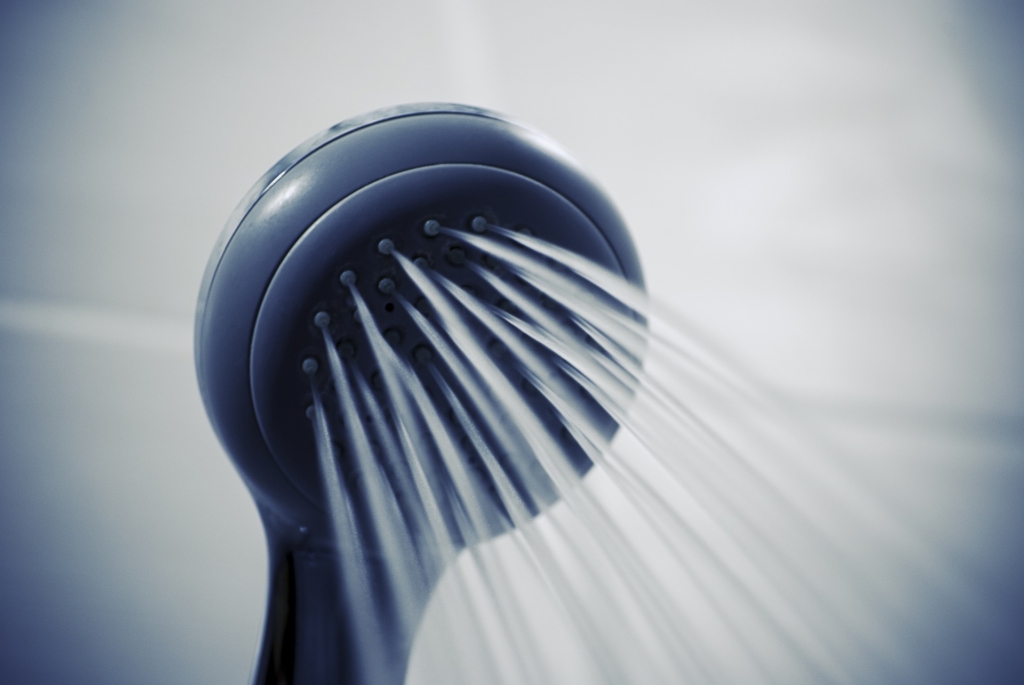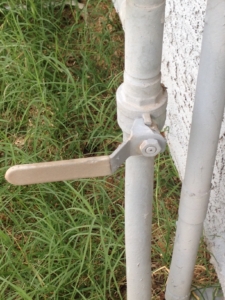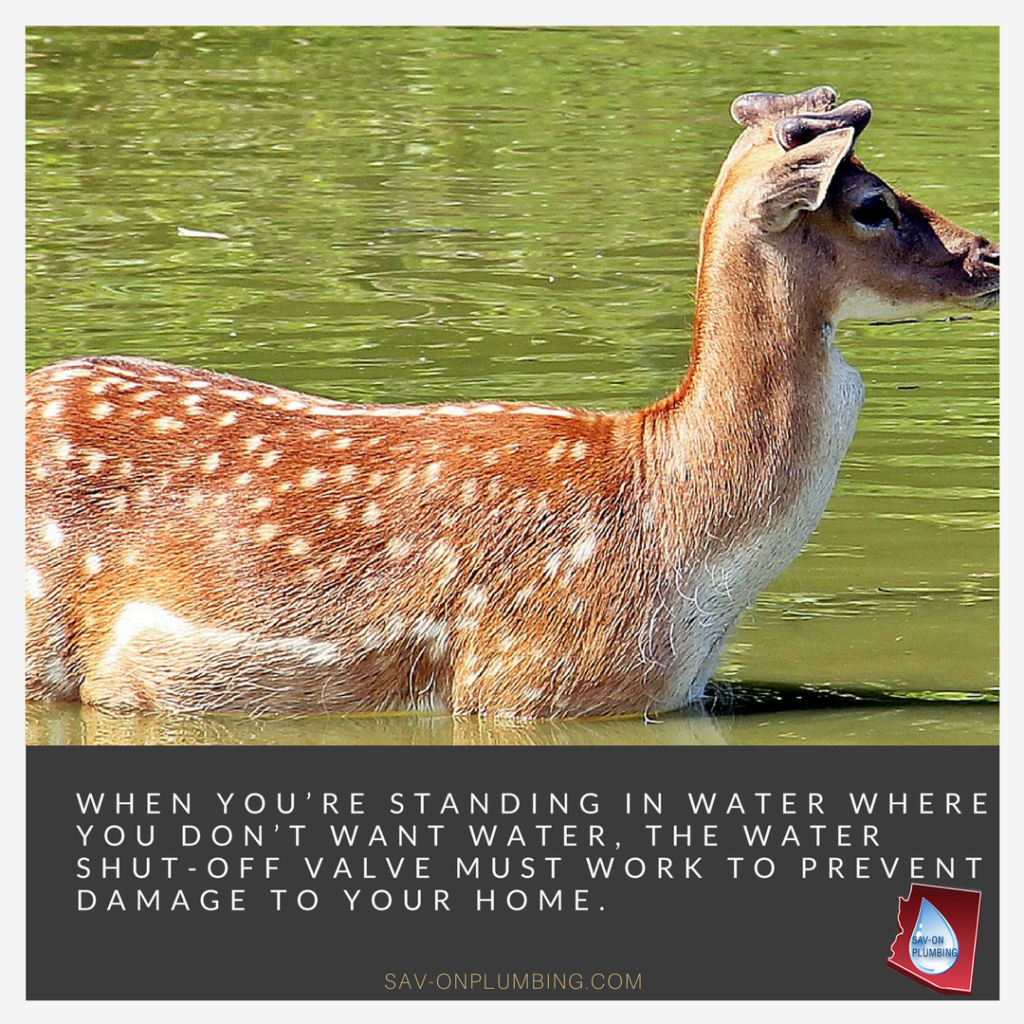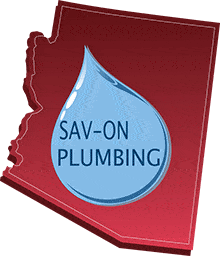
Your water heater is the most important piece of plumbing in your home, right?
Who doesn’t like a hot shower at the end of the day? A hot shower is nice, but it’s not your most important piece of plumbing.
I can hear women in the background saying, “It’s the washing machine, it’s the washing machine!” We know how important it is for them to provide clean clothes for their family. They do their moms proud.
All joking aside, the most important piece of plumbing in your home is not in your home at all. The most important part of your plumbing system is usually the most overlooked, because you never use it until you need it.
After years of experience in plumbing gone wrong, our vote for the most important piece of plumbing goes to the water shut-off valve, located outside your home where the water enters your home.
 Your water shut-off valve is often overlooked because it isn’t used unless you need it.
Your water shut-off valve is often overlooked because it isn’t used unless you need it.
However, when you need it, you’d better be sure that it’s going to work. The picture is a ball valve; a ball valve will work when it’s needed. This is a picture of a one-inch ball valve.
Note that we show a ball valve, not a gate valve. Many of the older homes in the Glendale and Phoenix area have gate valves, which are notorious for failing when you need them, closing, and then failing to reopen when they get older and wear out. Ball valves have a handle that opens and closes easily and there is no “gate” to go bad and fail when you need it most. We always recommend replacing gate valves with ball valves.
Why is this the most important piece of plumbing in your home? This piece of plumbing controls all the water that enters your home; it is your primary defense against a flood in your home and a water damage claim. If your water heater suffers a catastrophic leak, for example, and the shut-off valve on the water heater malfunctions, your main shut-off valve prevents a flood.
If you have a shower or bath tub that won’t shut off, your main shut-off is your only option because shower valves and tub/shower valves do not have their own individual shut offs. Faucets, sinks and toilets have individual shut offs, but unless they’ve been occasionally turned off and on, they have a high rate of failure. There’s nothing worse than trying to shut off a toilet or sink valve only to have it break off in your hand.
When you’re standing in water where you don’t want water, the water shut-off valve must work to prevent damage to your home.

The best thing a homeowner can do is to occasionally test the main shut-off valve. Turn it off and see if that completely stops all the water from coming into the house. You can tell by turning on your hose. Nothing should come out. Then turn your valve back on and see if this restores full flow to your home. If that’s not the case, it’s time to call for professional help.
We’re always happy to walk you through this process. Simply give us a call at 602.488.4647 and a technician can guide you through the process.
